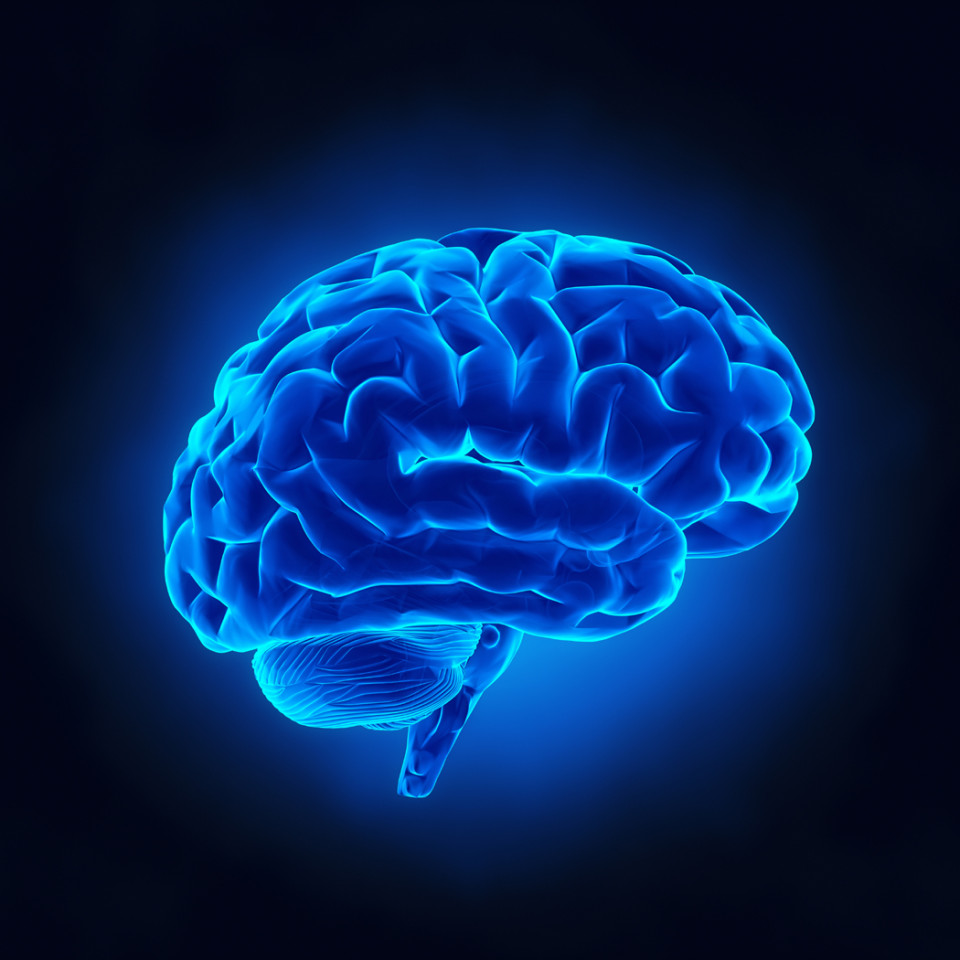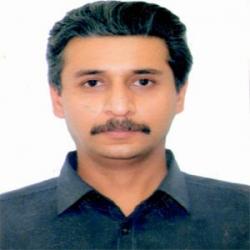Brain death is crucial to the process of organ retrieval and transplantation. That’s why it’s important to understand what exactly it is. Brain Death is a legal form of death. It’s just that no one has bothered to tell the public about it, or explain what it is. As a neurosurgeon, I feel that neurologists and neurosurgeons need to play a much bigger role in the diagnosis and declaration of brain death in India, as this is one area in which our efforts are lacking.
First let’s talk about Brain Death. Brain death, technically referred to as brain-stem death, occurs when the whole brain dies. It is the irreversible end of all brain activity. Brain-death usually results from a severe brain injury which causes all the brain activity to stop. This can happen after a major road accident, head injury, or a bleed in the brain due to a stroke. The human brain consists of two parts: – The Cortex – The large part stored in the skull that is used to depict the brain visually. – The Brain Stem – The part of the brain that connects the spinal cord to the cortex. When a person incurs a serious head injury, the cortex starts to swell up; however, it cannot expand much further because it is contained in the skull, which is made of hard bone.
As a result, the pressure in the brain can grow greater than the pressure of the heart. The heart is then unable to pump blood to the brain. This lack of blood flow to the brain causes the whole brain to die, due to lack of oxygen. The brain cells not only die, but also liquefy, which makes brain death irreversible.
A person who is brain dead is not suffering from brain death; he or she is dead. A brain dead person can never wake up. There are a number of ways to determine whether a person is brain dead. If there is no blood flow to the brain, then brain cells have died due to lack of oxygen, and the brain is dead. Brain death can also be confirmed if the person – Is not conscious – cannot breathe – cannot swallow – cannot cough, and – his or her pupils do not respond to light.
There is often confusion about brain death and coma. Brain death differs from a coma because it is an irreversible process; it is a form of death. A person who is in a coma is unconscious and does not respond to stimuli, but his or her brain is still partially active, and can recover from a comatose state. A person who is brain dead has a brain with zero brain activity, and stops breathing. As a result, his or her heart and other vital organs die because they are deprived of oxygen.
THE CONNECTION BETWEEN BRAIN DEATH & ORGAN DONATION
The relationship between brain death and organ donation is crucial but complicated.
Crucial, because if you don’t declare brain death, the there can be no organ donation. It is the only time that organ donation can happen. If the victim’s hear stops beating, then organs die and cannot be harvested. But the body of a brain dead person is kept on a ventilator, and the heart may continue to beat for 2-3 days after brain death, keeping vital organs such as the heart, liver and kidney alive for this time period. These organs can be surgically removed for donation, provided the family agrees of course.
Complicated because there are so many hurdles one has to jump in order for there to be an organ donation.
WHY IS BRAIN DEATH SELDOM DECLARED OR CALLED A BRAIN DEATH?
The process of declaring a person brain dead, so that his or her organs can be donated, in India is cumbersome. According to the Transplantation of Human Organs (THO) Act 1994, the person’s death has to be certified by a board of 4 medical experts before the person’s organs can be surgically removed. This board comprises:
- The registered medical practitioner in charge of the hospital where brain death has occurred.
- A registered medical practitioner nominated from the panel of names sent by the hospitals and approved by the Appropriate Authority.
- A Neurologist/Neuro-Surgeon nominated by Medical Administrator in-charge from the panel of names sent by the hospital and approved by the Appropriate Authority. (Where a Neurologist/Neurosurgeon is not available, any Surgeon or Physician and Anaesthetist or Intensivist can be nominated).
- The registered medical practitioner treating the patient.
But all this can happen only after the family has given its consent to organ donation.
And that is where neurosurgeons like myself come into the picture. Two weeks ago a patient brought into my care was clearly brain dead. I took the initiative and helped declare the brain death, thereby allowing for organ transplantation to take place. I counselled the family myself. A neurologist or neurosurgeon talking to the family and explaining the death is better than just a social worker or a transplant coordinator doing it. I was helped by the fact that the family was from the South, where the awareness on organ donation is much more, and already knew about organ donation. But my taking the initiative made the process much smoother.
I feel that if every neurologist or neurosurgeon would take these opportunities to declare the brain death whenever the opportunity arises, and counsel the families for organ donation, the rate of organ donation will increase. Instead of looking at a brain death as a personal failure, the treating physician should look at it as a chance to save many more lives. We all lose patients, but we all save lives too. This is no different.
Organ donation is already complicated by a lack of awareness and a lack of an organ allocation network in many parts of India, which connects hospitals, or a centralized registry of recipients, with organ donors. This makes the task even more cumbersome for doctors who are keen to help. Let’s not make it that much harder. Let’s do our bit.



Good work for humanity
All the best dear
Dr . Sandeep Vaishya
Dr Vaishya – I wish more neurologist and neurosurgeons thought like you do. Things would be so much simpler and we would be doing far more donations. I totally endorse and respect these words of yours – ” Instead of looking at a brain death as a personal failure, the treating physician should look at it as a chance to save many more lives. We all lose patients, but we all save lives too. This is no different.”
What an uncomplicated and progressive way of looking at brain death.